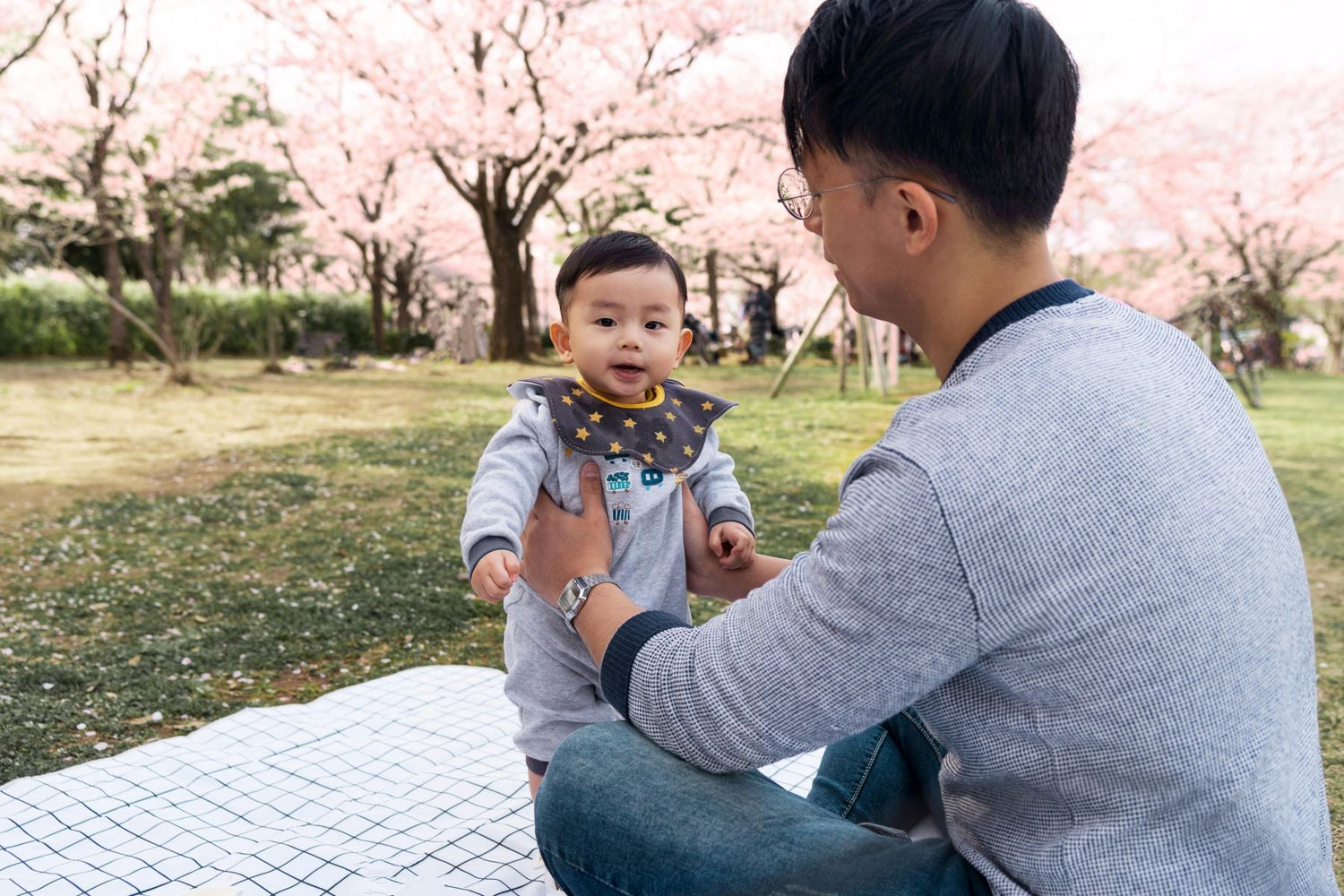Watching your baby turn away from the bottle can be stressful and frustrating, especially when you’re trying to balance breastfeeding, returning to work, or sharing feeding responsibilities. If you’re wondering why your baby is suddenly refusing the bottle, you’re not alone.
Bottle refusal is a common challenge for many breastfeeding mums. The good news is that with gentle strategies, deep patience, and the right tools, most babies do eventually adapt. This guide will help you understand the reasons behind bottle refusal, spot early signs, and implement practical steps, including choosing the right baby feeding bottle to support a smooth transition.
Common Reasons Why Babies Reject their Feeding Bottle
It’s common for breastfeeding mums to face challenges when transitioning from breast to bottle. You may be asking yourself, why do babies refuse bottles? There are several reasons this can happen:
- Preference for mum’s scent and closeness: Breastfeeding is comforting, and babies often associate mum’s presence and smell with safety and security.
- Nipple confusion or texture differences: Baby may find the bottle teat different from the breast, affecting latch and flow.
- Timing matters: A baby who isn’t truly hungry may reject the bottle, so offering it at the wrong time can create resistance.
- Milk temperature or taste variations: Babies are sensitive to subtle changes in temperature or taste, especially if switching between expressed breast milk and formula.
Bottle refusal is rarely a sign of rejection. Instead, it’s your baby’s natural response to change. Understanding these factors helps you approach the transition calmly and confidently, without stress or guilt.
Signs Your Baby Is Struggling with Bottle Feeding
Recognising when your baby is having trouble with bottle feeds is important. Common signs include:
- Turning away or clamping lips shut
- Crying, fussing, or arching back when the bottle is offered
- Gagging, chewing, or playing with the teat instead of sucking
- Taking only small sips and refusing to continue
These behaviours can vary from session to session. Some babies take longer to adjust, while others may need gradual exposure to different bottle types, milk temperatures, or caregivers. Observing patterns and staying patient is key to helping your baby adapt comfortably.
Gentle Strategies to Encourage a Smooth Bottle Transition
Introducing a bottle to a breastfed baby often requires a calm, structured approach. Here are some possible strategies:
- Try a different bottle teat: Look for teats designed for breastfed babies with a slow, natural flow.
- Match milk temperature: Ensure the milk is close to breastmilk warmth (around 37°C), as this can make the feed more familiar.
- Ask another caregiver to offer the bottle: Babies may be more willing to accept a bottle from someone other than mum.
- Choose calm, relaxed times: Avoid offering the bottle when the baby is overtired or extremely hungry.
- Paced bottle-feeding: Mimic breastfeeding rhythm by allowing pauses and letting your baby control the flow.
Managing Bottle Refusal in Formula-Fed Babies
Bottle refusal is not limited to breastfed babies. Sometimes, even formula-fed babies can suddenly develop feeding challenges and refuse bottles. This can happen due to:
- Sudden Illness or Discomfort: Teething pain, a cold, or an ear infection can make sucking uncomfortable.
- Changes in Formula: A different taste or preparation method can lead to temporary resistance.
- Emotional or Routine Shifts: Stress, a change in environment, or a disruption to their daily routine can affect feeding habits.
If this occurs, the first step is to review the basics: check the milk temperature, ensure the teat flow is appropriate, and confirm the bottle is clean. Often, gentle persistence combined with a calm feeding environment is enough to navigate through this phase.
When to Seek Extra Support
Some babies adapt quickly, while others need more guidance. If refusal persists or affects feeding and weight gain, professional support is essential. Signs that warrant extra help include:
- Baby not feeding adequately or losing weight
- Fewer wet diapers or signs of dehydration
- Continuous distress during feeding attempts
Consult a certified lactation consultant in Singapore for tailored guidance. They can observe feeding sessions, suggest appropriate bottle types, and provide strategies for easing transitions.
Creating a Balanced Breast and Bottle Feeding Routine
Bottle refusal is usually temporary, and small adjustments can make a big difference. Flexibility and patience are key. You can successfully embrace both breastfeeding and bottle-feeding as part of your baby’s growth journey, creating a positive feeding experience for both parent and child.
Hegen’s thoughtfully designed baby feeding bottles, soft teats, and parent workshops provide practical support for mums navigating common challenges. With BPA-free, durable PPSU bottles and teats that mimic the natural feel of breastfeeding, Hegen makes transitioning from breast to bottle smoother, helping your baby feed comfortably while maintaining nutrition and security.
Supporting Your Feeding Journey with Hegen

Whether your baby is breastfed or formula-fed, these bottle feeding tips show that gentle strategies, careful observation, and the right tools can make all the difference. Remember, bottle refusal and other bottle feeding issues are common and usually temporary. Stay patient, try different approaches, and seek guidance when needed.
Hegen’s thoughtfully designed baby feeding bottles, soft teats, and versatile milk storage bottles are crafted to support transitioning from breast to bottle smoothly. With BPA-free, durable PPSU bottles and accessories that mimic the natural feel of breastfeeding, Hegen helps make every feed safe, comfortable, and stress-free. Explore Hegen’s range today and discover practical solutions that empower you and your baby through every stage of feeding.





